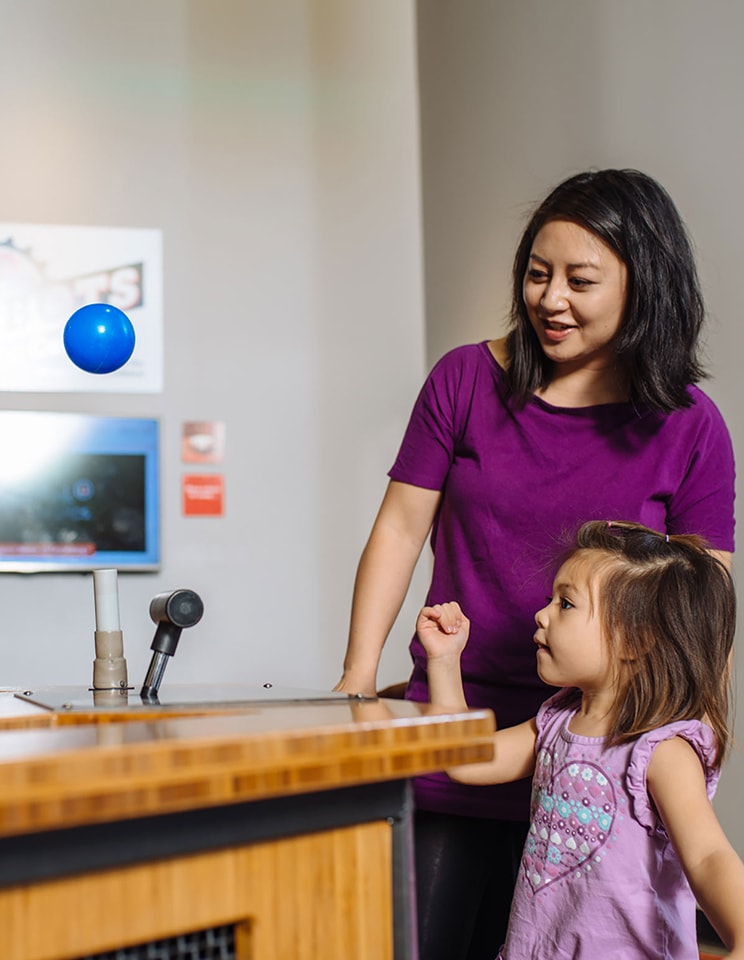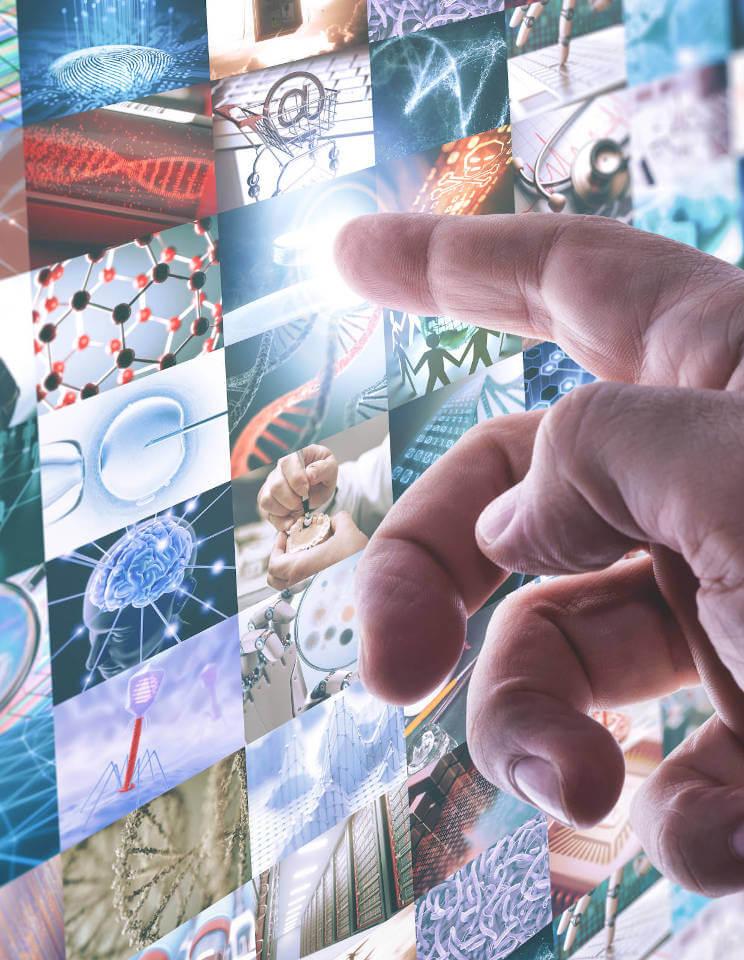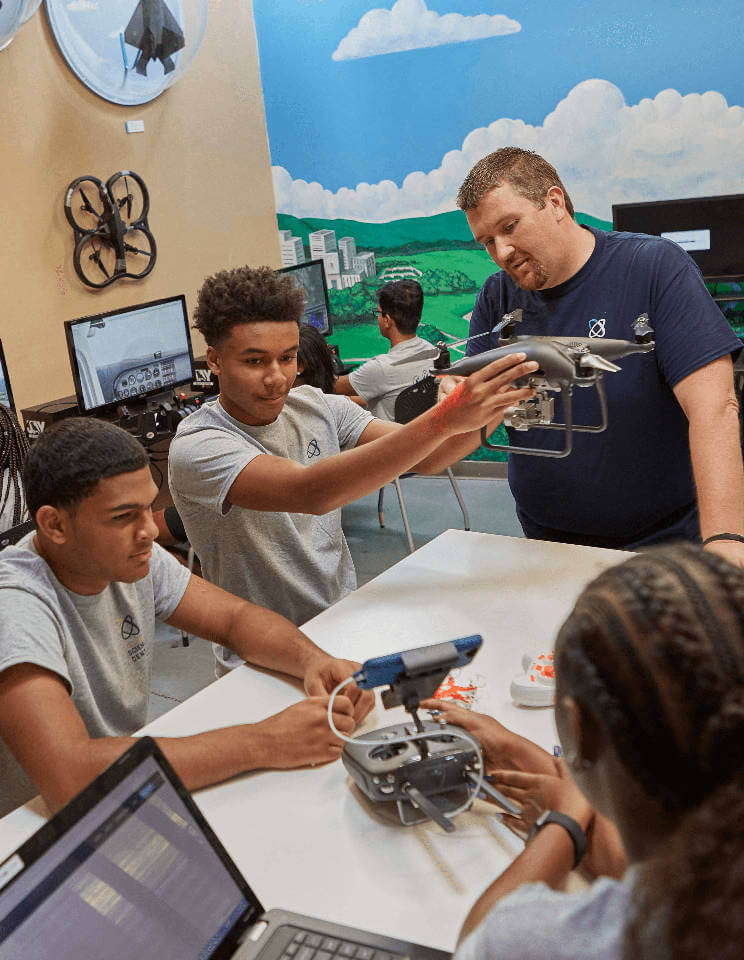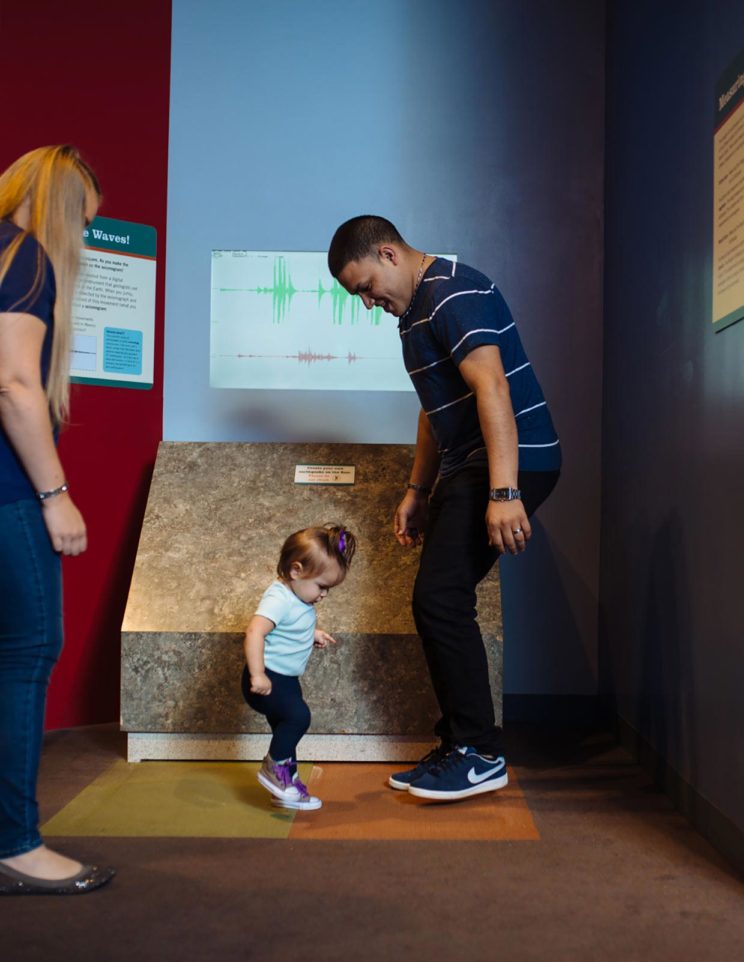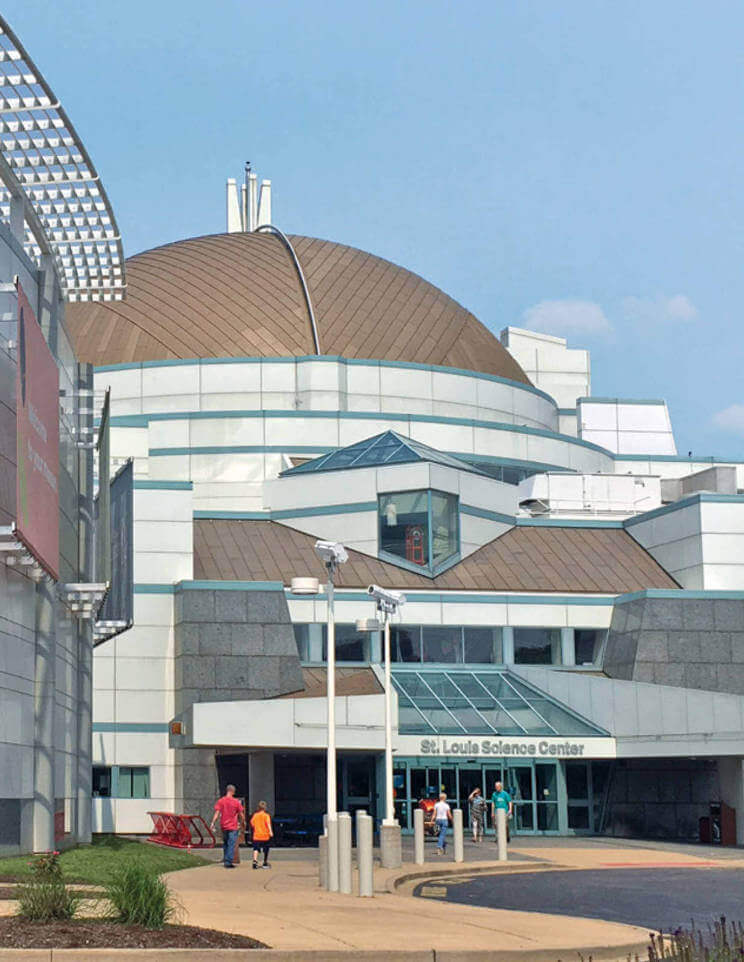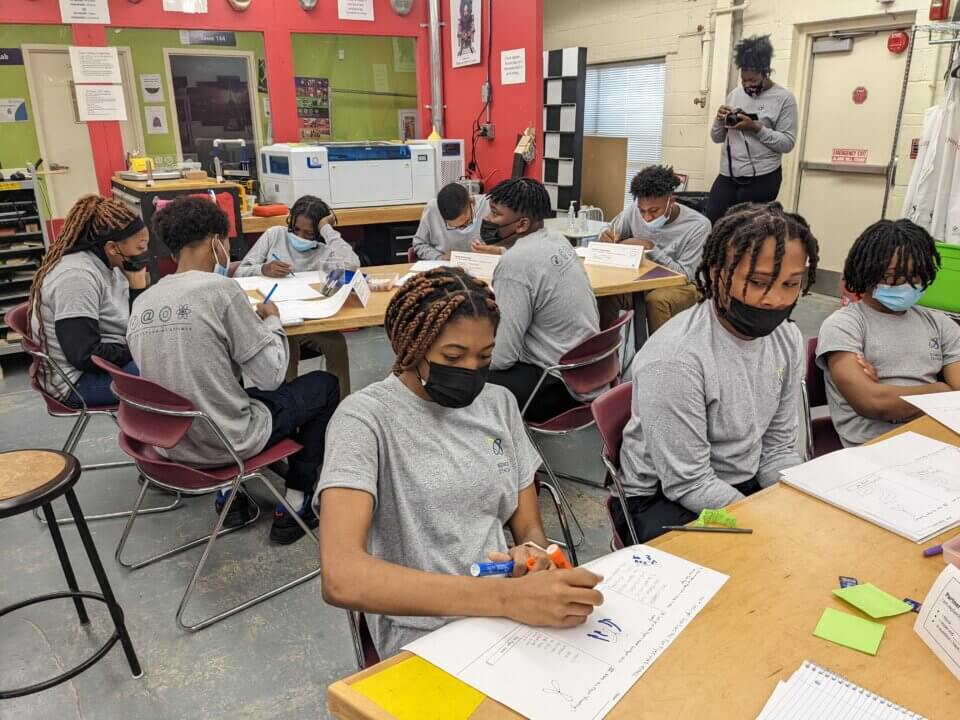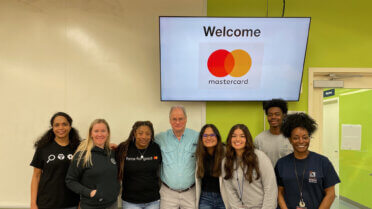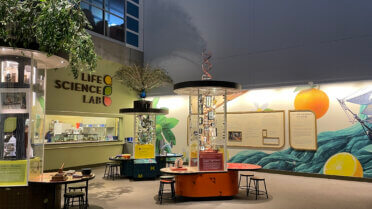Support science for our future. Make a gift to the Science Center’s YES Program to help support the Science Center’s education programs.
For Monet Witherspoon, Saturday, March 19, wasn’t just a cause for celebration, it was an historic moment. As a sophomore guard for John Burroughs High School’s girls’ basketball team, the Bombers, Monet helped secure a 54-46 win over St. Joseph Benton in the Class 4 state championship game with 16 points and four rebounds—leading to a first-ever state championship win for the Bombers.
“I’ve been playing basketball since first grade,” Monet says, but when asked if she’s always had a knack for scoring points on the court, she laughs. “I’ve always played with the best players, but it was always up to me to put in the extra work outside of practice.” Recently that’s meant running two miles a few days of the week, starting strength and agility training, and sometimes getting up at 5:00 a.m. to hone her skills on the court—all while making sure she has enough time for homework.
Also on Monet’s impressive list of extracurricular activities is the Science Center’s Youth Exploring Science (YES) Program. Now in her second year in YES, Monet is used to rising to meet challenges and finding the growth opportunities that come with them.
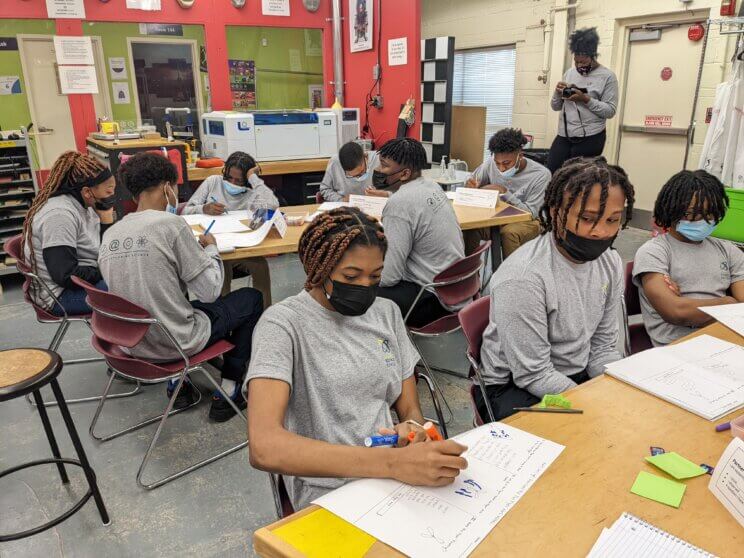
Despite being part of the YES Program’s Aerospace component, Monet says that aerospace hadn’t always been an interest of hers, but as someone who likes to learn, she found that the YES Program definitely helped it become one.
One standout example? When Monet and the other teens in the Aerospace component had the opportunity to learn about the fundamentals of flight, train on flight simulators, and then take the controls of a real airplane with an instructor above the St. Charles Airport. “I’d never done that before,” Monet says. “I got to learn everything about the plane, like the physics [of flying], aerodynamics, and how to actually fly a plane.”
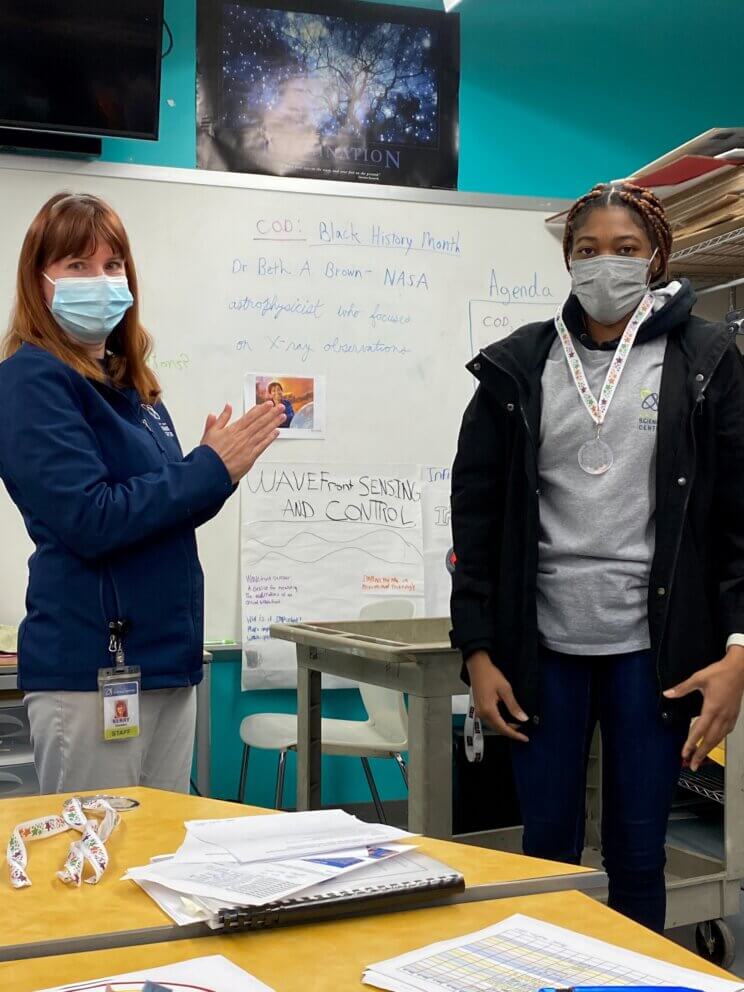
But Monet’s also enjoyed getting to work with kids in the St. Louis community. “Teaching kids, learning how different kids learn in different ways, making lesson plans—I like those things about the YES Program,” she says.
“YES has also helped grow my patience,” she adds, “and it’s given me an appreciation for my teachers.”
Monet points to recent activities exploring the various ways that kids learn and how to help teach them—skills that will come into play as part of the YES Program’s new STEMtastic Camp, where Monet and the other teens in the program’s Aerospace and Engineering components will help teach science and technology activities to kids this summer.
The YES Program has also given Monet opportunities to take what she’s learned about working with children and apply her own creative thinking to engaging kids in hands-on STEAM learning.
In a recent lesson focused on adaptations and how animals change to better fit their environment, Monet developed an activity guiding kids through creating their own exoplanet—a planet outside the solar system—and thinking of an animal that would have had to adapt to its environment in order to live there. For example, a creature that’s adapted to an icy planet with fur for warmth and talons for navigating the frozen terrain.
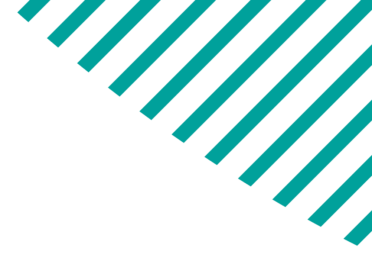
“It’s experience that helps you, doing something over and over again. And learning from mistakes helps you fix things and achieve a better outcome.”
Adaptation is a theme—and a skill—apt for someone like Monet, both for her experience in the YES Program as well as on the basketball court.
In YES, she explains, sometimes you’re presented with situations where you have to deal with the unexpected. “You’re with kids, and kids can be unpredictable. You don’t know what questions they’re going to ask or what they’re going to do,” she says. “So it’s experience that helps you, doing something over and over again. And learning from mistakes helps you fix things and achieve a better outcome.”
On the basketball court it’s the same thing, Monet says. Every previous game, whether they were wins or losses, helped bring her and her team to that ultimate moment of the state championship. “You’re presented with challenges and unpredictable things, but you use those roadblocks. You get around them. You go through them. You use them to get to your final destination.”
For Monet, sometimes that destination is scoring on the court in the final moments before the buzzer. Other times it’s sparking a child’s curiosity for STEAM—a curiosity that can last a lifetime.
Your Support
Support from donors, Science Center members, and Supporting-level members is instrumental in helping the Science Center continue offering connections to science for everyone in our region. If you’d like to show additional support for our mission, please consider donating to the Science Center’s Annual Fund, becoming a member, or becoming a Supporting-level member.
Your Impact
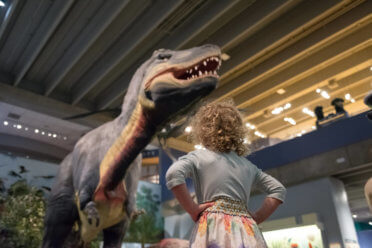
Want to learn more about how the Science Center and its supporters are making a difference for STEAM learning in the St. Louis region?
